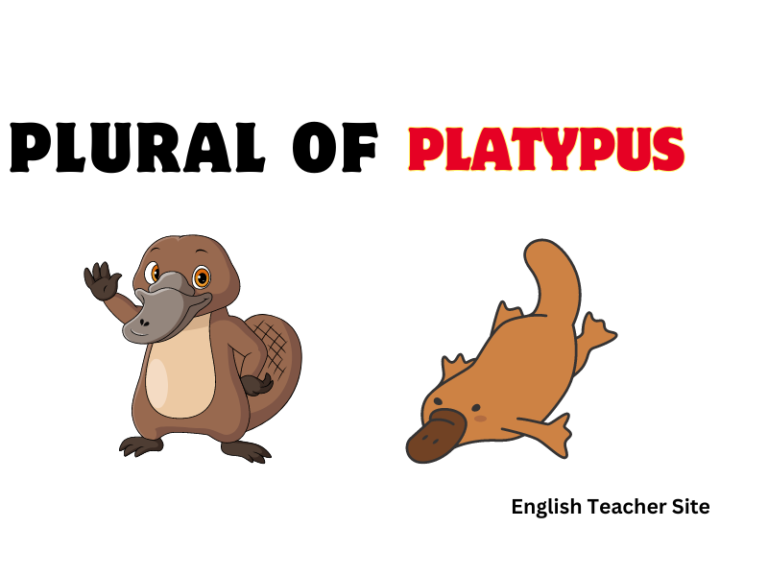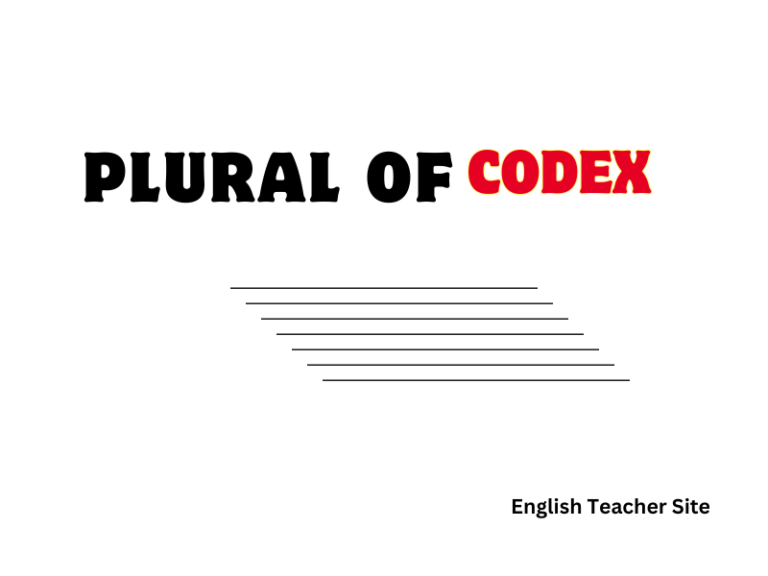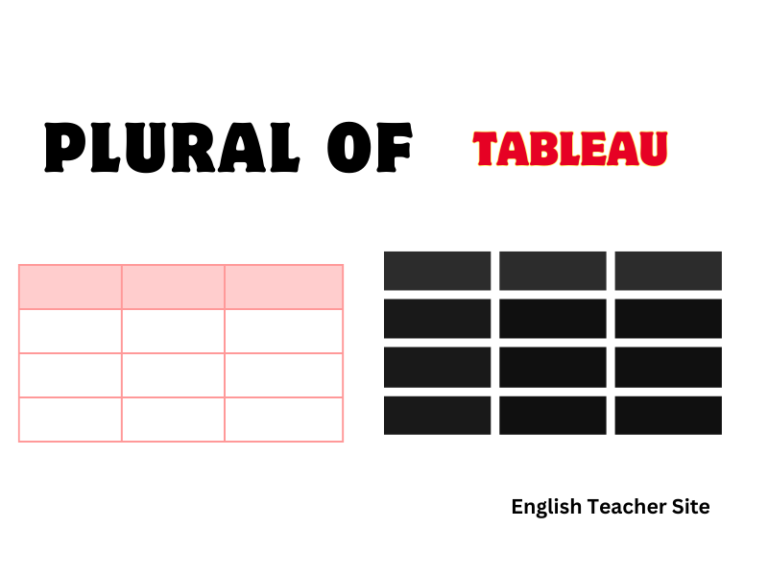What’s the Plural of Goose? Unraveling Language Mysteries
The English language is replete with interesting rules and exceptions, particularly when it comes to plurals. One such case is the word ‘goose,’ which belongs to the family Anatidae, placing it between the larger swans and the smaller ducks. The plural form of ‘goose’ is not formed by simply adding an ‘s’ as with most English nouns, but rather changes form completely.
When referring to more than one of these waterfowl, the correct term to use is ‘geese.’ The evolution of this word from ‘goose’ to ‘geese’ is an example of the linguistic phenomenon known as mutation, which alters a word to indicate a grammatical change. In various contexts, the plural can take a nonstandard form, but ‘geese’ remains the grammatically correct and widely accepted term.
The Plural of Goose Explained
When discussing the various forms of nouns in the English language, certain words like “goose” stand out due to their unique pluralization. The plural of “goose” is “geese,” an irregular plural form that strays from the more common pattern of merely adding an “-s” or “-es” to the end of a word.
Irregular Plurals in English
“Irregular plurals” refer to nouns that do not form their plural by following the typical rules. For example, the term “geese” stands out in English as a plural form of “goose” that falls under the category of these exceptions.
Such irregularities are often traced back to the history of the language and show how English has evolved from various linguistic influences.
Plural Form Variations and Usage
The term “geese” is the correct plural of “goose,” while forms like “gooses” are incorrect. This particular noun shifts completely in its spelling and pronunciation from its singular to plural form. It’s also noteworthy that collective nouns, such as “gaggle,” “flock,” or “team,” may be used in regard to geese, providing a range of expressions to describe these birds when in groups.
Linguistic Origins
The word “goose” has its roots in Old English, with cognates found in other Germanic languages, such as German “Gans,” Dutch “gans,” and even stretching back to Latin and Greek. These linguistic origins help to explain the irregular patterns seen in the pluralization of certain English words, illustrating the widespread influence of different language families on English.
Associated Terms and Comparisons
Other terms related to “goose” and “geese” in the context of family and species highlight how language classifies and differentiates. For instance, a “gander” specifically refers to a male goose, whereas “goslings” denote the young. Belonging to the Anatidae family, geese are closely related to other waterfowl, such as ducks. These terms, and differences in their usage, attest to the rich and varied structure within the English language.
Grammatical Rules Beyond Geese
In the English language, nouns can form plural versions in several ways, but not all follow a straightforward pattern. While many nouns simply add an “-s” to become plural, others transform completely, demonstrating the complexity and richness of English.
Regular Plural Forms
Most nouns in English create their plural forms by appending an -s or -z sound to the singular form. For example, “cat” becomes “cats,” and “buzz” becomes “buzzes.” This may seem straightforward, but even within regular pluralization, exceptions exist. For instance, when a noun ends in -y preceded by a consonant, the y is replaced with -ies in the plural form, as in “baby” to “babies.” It’s essential to recognize these patterns to understand how regular plurals typically behave.
Other Irregular Plural Forms
Beyond regular plurals, English is fraught with irregular plural forms. These nouns do not follow standard rules, making them exceptions. For instance, “man” becomes “men” and “person” changes to “people.” Other examples include nouns that alter vowels to form plurals, such as “foot” to “feet” and “tooth” to “teeth.” These irregular forms reveal historical linguistic developments and patterns that have been preserved over time. Understanding these irregularities is crucial for mastering English plurals.
Cultural and Historical Context

The term ‘goose’ and its irregular plural ‘geese’ have deep historical roots in the English language. Their evolution reflects the complex intermingling of different linguistic traditions, including Old English, Latin, Greek, and Germanic languages.
My name is Khamis Maiouf. I am the creator of the English Teacher Site, dedicated to providing valuable resources and insights for students around the world. With a passion for education and a commitment to helping students enhance their skills, I aim to make English teaching more effective and enjoyable for both educators and students.






